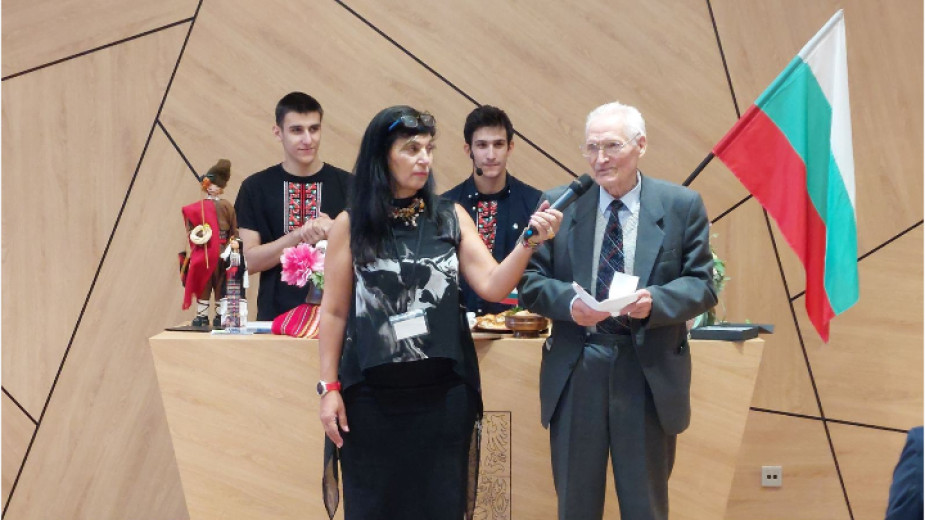 6
6
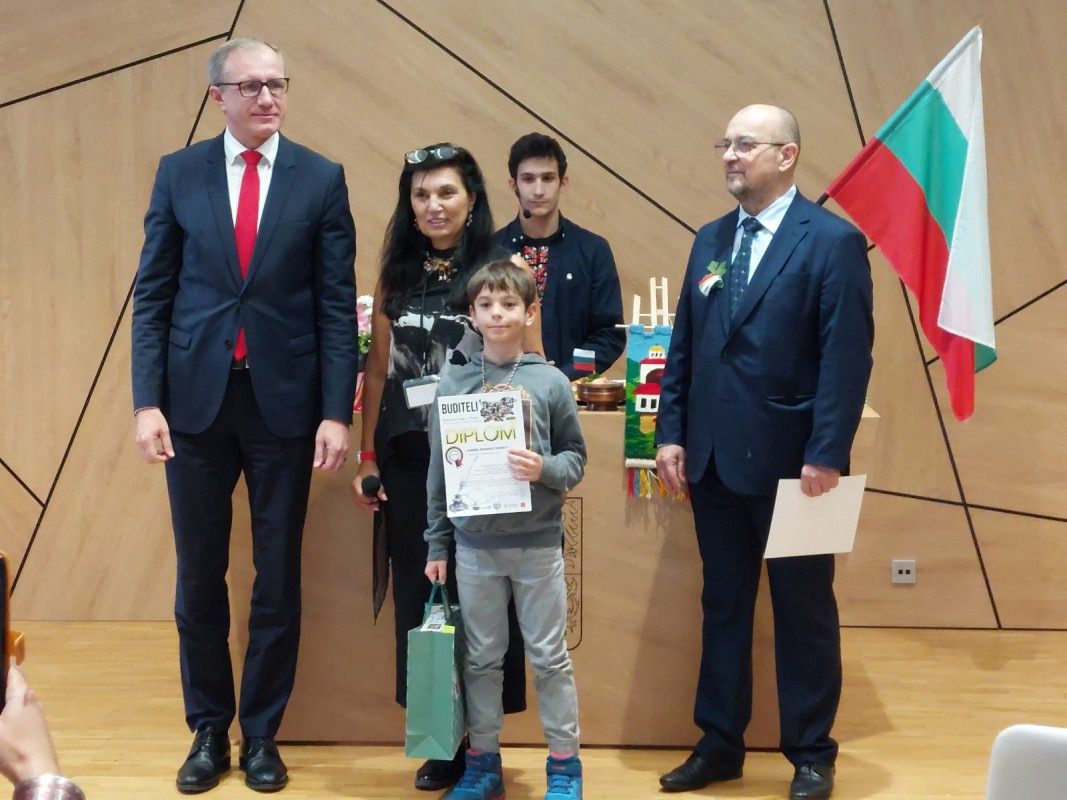
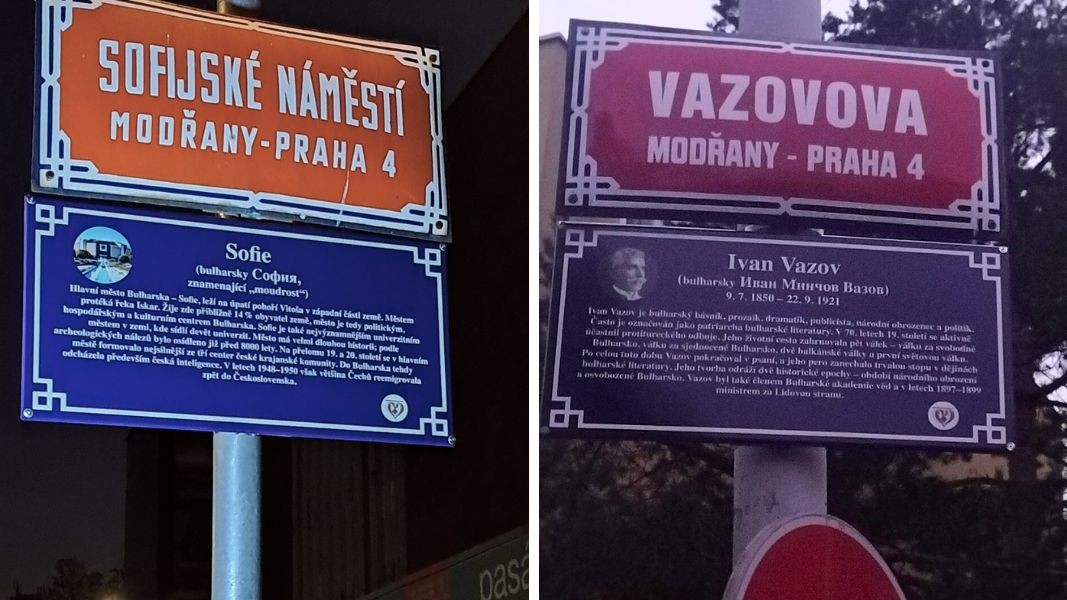
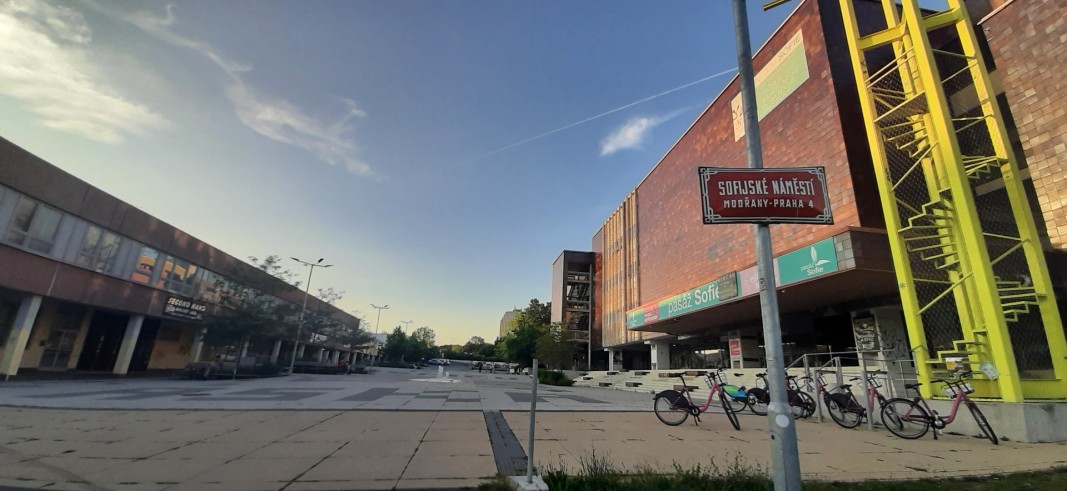
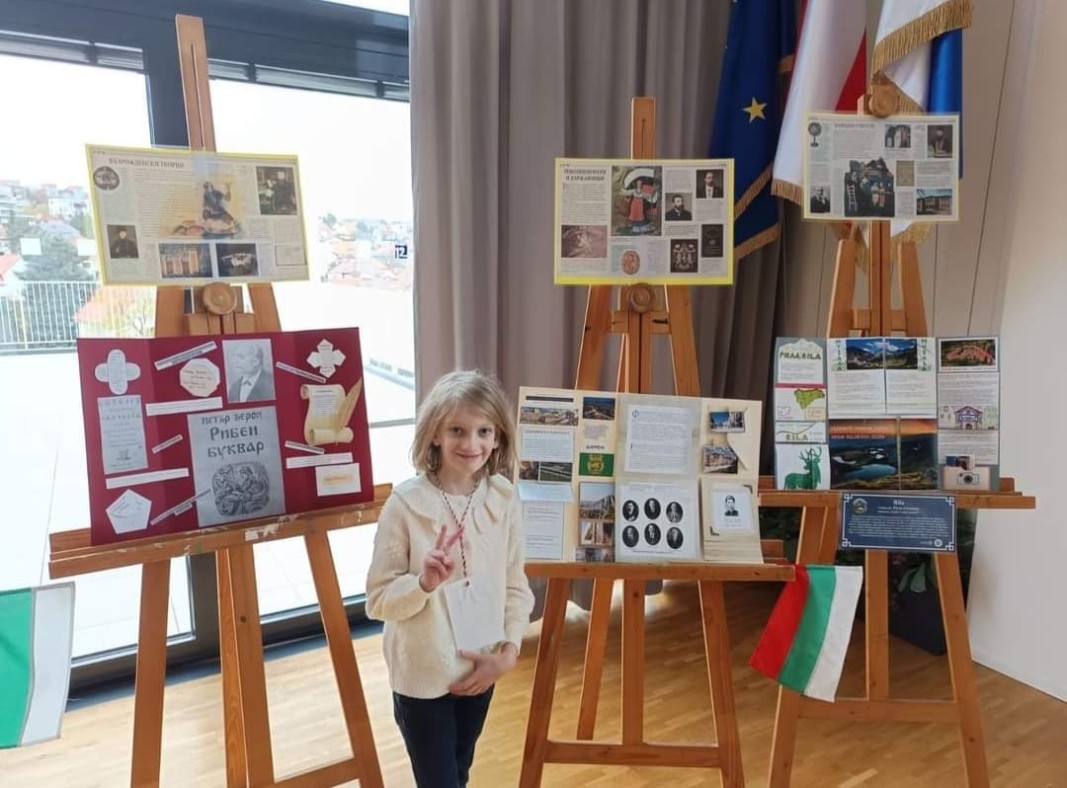


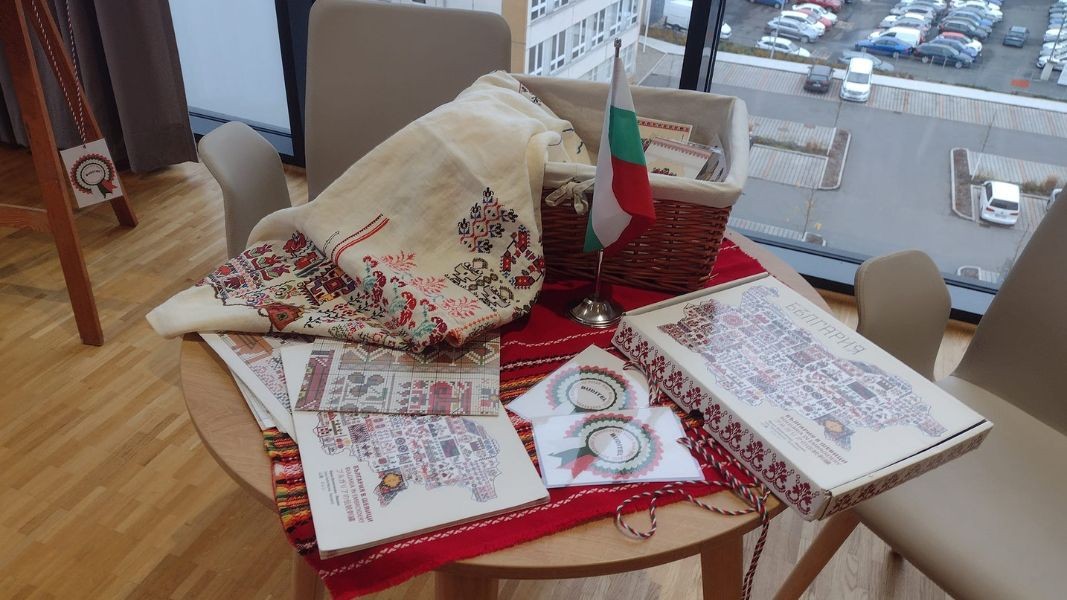
The Bulgarian-English co-production “Devil’s Play” won the Best Cinematography Award at the prestigious Chelsea Film Festival in New York, announced the Consulate General of Bulgaria in New York on Facebook. The film was screened as part of the..
An exhibition of artworks created on stone paper opens today at the Ivan Vazov National Library in Plovdiv, the institution announced. The works are by students from the Tsanko Lavrenov National School of Fine Arts and the National High School of Stage..
She is an educated, young woman passionate about astronomy and physics, but has also devoted her energy and talent to the word. She is part of the family of the Bulgarian National Radio's foreign-languages program Radio Bulgaria and today we proudly..
On the day the Orthodox Church celebrates the Feast of St. Archangel Michael, the National Archaeological Reserve "Deultum-Debelt" will mark 1,160 years..
On 10 November, the European Music Festival will be offering music lovers a thrilling event. 2,500 years after the legendary Italian city of Naples was..

+359 2 9336 661
